The Dhaka gold squeeze
The Bank of England was in the news because of the ‘gold squeeze’- traders moving gold from London to New York to profit from the price arbitrage. An informal version of this is taking place between Bangladesh and India.
 Courtesy: Investopedia
Courtesy: Investopedia
The Bank of England was in the news because of the ‘gold squeeze’- traders moving gold from London to New York to profit from the price arbitrage. An informal version of this is taking place between Bangladesh and India.
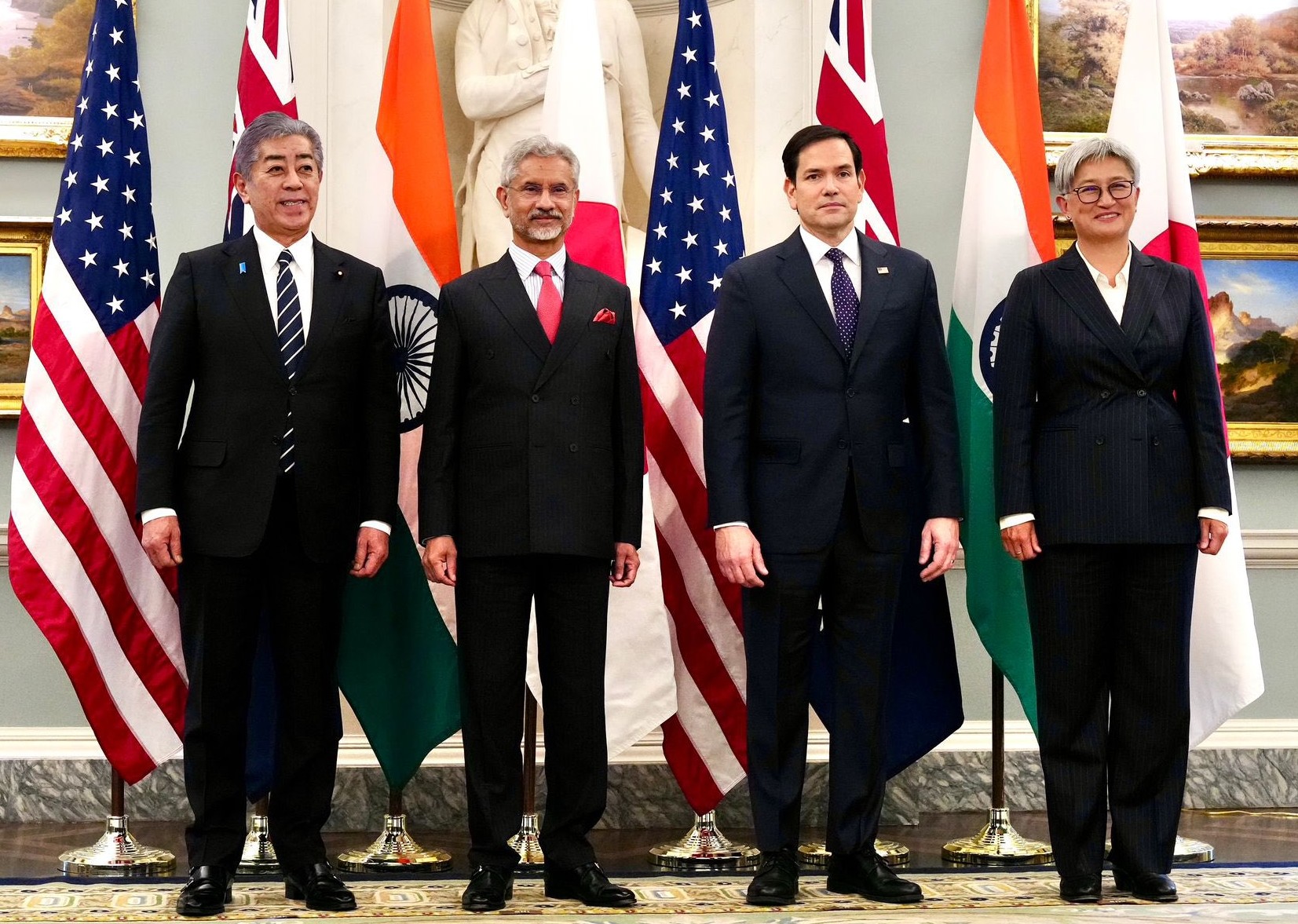 Courtesy: X
Courtesy: X
The first plurilateral meeting attended by new U.S. Secretary of State Marco Rubio was the Quad, a day after assuming office. The meeting reinforced the commitment to the Indo-Pacific but with the change in government, the Quad's trajectory in 2025 remains a question. Part of the answer lies in its past interactions, while the rest depends on how the U.S. and India will approach China.
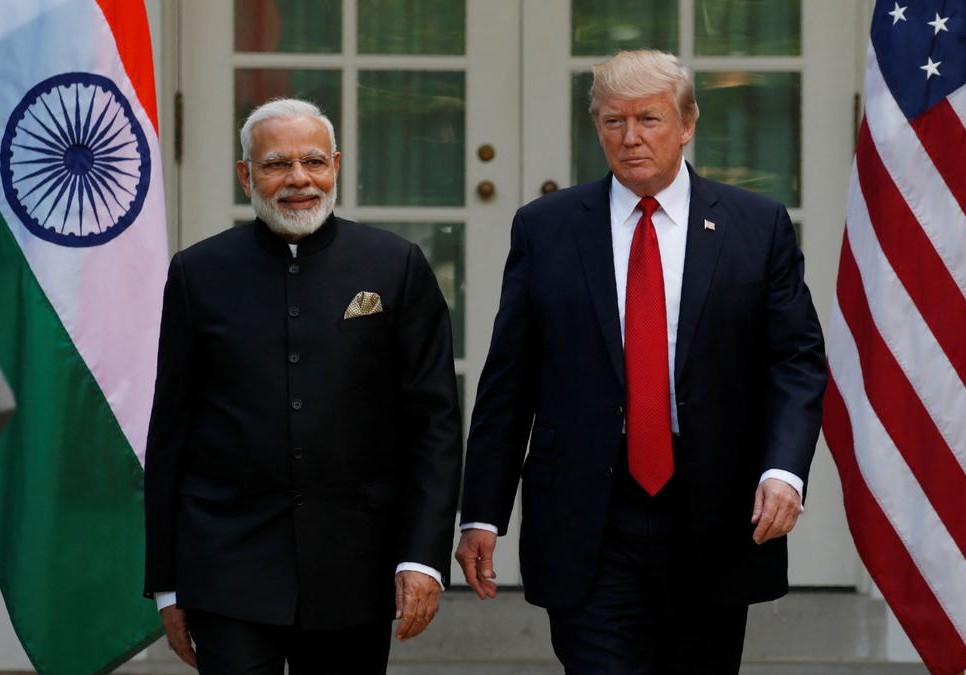 Courtesy: Reuters
Courtesy: Reuters
India and the U.S. have a big agenda, bilaterally and geopolitically, to discuss when Prime Minister Narendra Modi and U.S. President Donald Trump meet in Washington on Feb 12-13. Trade, China and migration are central points of discussion. So will ensuring that Trump allies with India on its neighbourhood as an area of common concern. The big election win in New Delhi will strengthen Modi’s negotiating hand.
 Courtesy: Gateway House
Courtesy: Gateway House
The UN turns 80 this year. How is it being judged? Both disparagingly and with admiration says Ruchira Kamboj, Former Permanent Representative of India to the UN. In this podcast with Manjeet Kripalani, Executive Director, Gateway House, she explains the now-diminished U.S presence, the growing influence of China, the scope for reform and India’s position as an emerging global power.
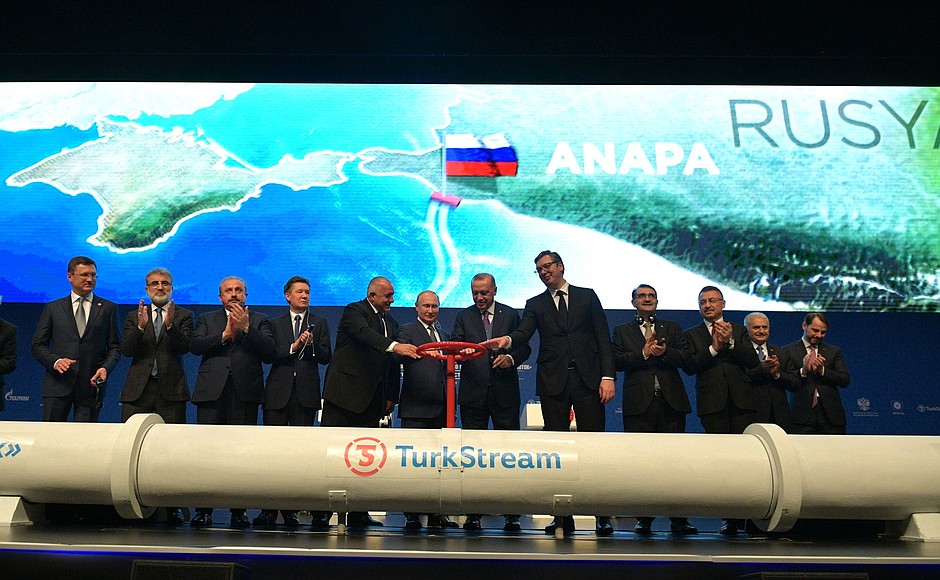 Courtesy: President of Russia-Events website
Courtesy: President of Russia-Events website
Europe has reduced its reliance on Russian gas following the war in Ukraine, and its chief supplier Russia is mired in western sanctions. What does it mean for Russia? It has certainly changed the fortunes for American gas to be sold to Europe: as of 2023, the US had become the world’s top exporter of gas.
 Courtesy: Newsweek
Courtesy: Newsweek
U.S. President Donald Trump is back for a second term, and India and the U.S. together have much to gain from it. The bilateral has grown tremendously over the decades, with technology, scientific and trade ties deepening and expanding. Also, both countries have a common interest in addressing the ascent and bullying tactics of China.
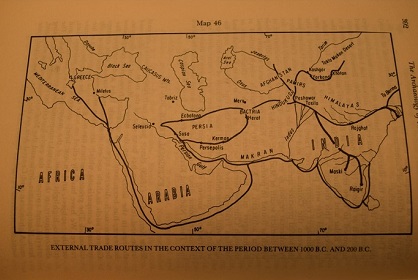 Courtesy: Oxford University Press
Courtesy: Oxford University Press
The India Middle-East Europe Economic Corridor (IMEC) announced during India’s G20 leaders’ summit in September 2023 aims at security and ease of connectivity by multi-modal physical, digital and energy corridors connecting India, UAE, Saudi Arabia, Israel, and Europe. Like many of the connectivity projects created around the world today, IMEC’s origins are 2,300 years old, ancient routes that connected the Indian Ocean to the Mediterranean Sea
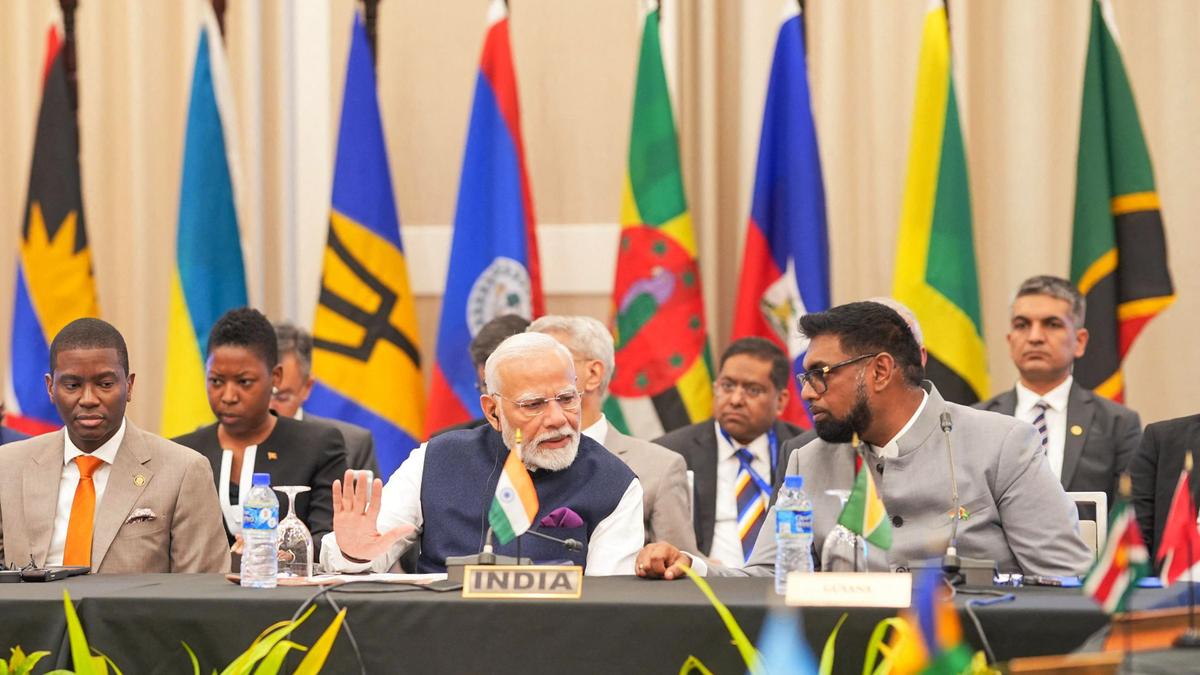 Courtesy: The Hindu
Courtesy: The Hindu
Prime Minister Narendra Modi’s six-day visit to Nigeria, Brazil, and Guyana in November resulted in several bilateral agreements on economic, developmental, energy and technological cooperation. The trip highlighted India’s strategic and diplomatic priorities in Africa, Latin America and the Caribbean and offered the country an opportunity to position itself as a key partner for sustainable development and multilateral cooperation in the Global South.
 Courtesy:
Courtesy:
Conversations on forced displacement in many cases still centre on the climate versus conflict dichotomy, but multiple factors including social inequality, poor infrastructure and weak governance, often combine as triggers for displacement. A more analytical approach to financing forced displacement response is necessary to enable humanitarian actors to work more effectively in the allocation of resource and disaster preparedness.
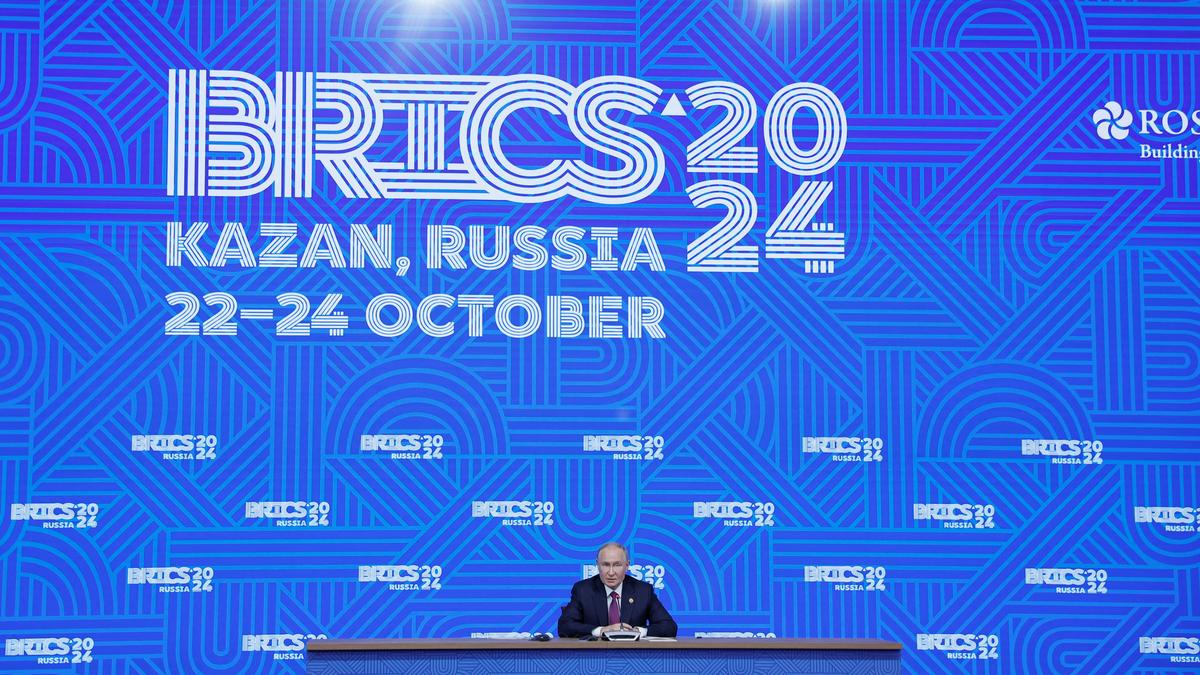 Courtesy:
Courtesy:
The 16th BRICS Summit, held in Russia’s Kazan in October, was the first summit of the expanded grouping. With 13 new partner states invited, it revealed how increased membership has the potential to enhance the grouping’s influence. For India, BRICS serves as a bridge between the west, the east, the north and the south, making New Delhi the geopolitical sweet spot.